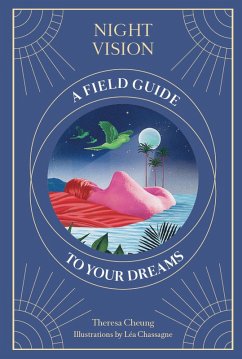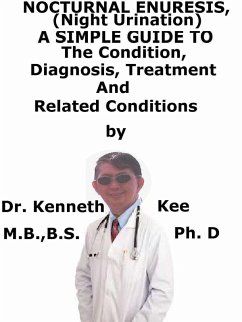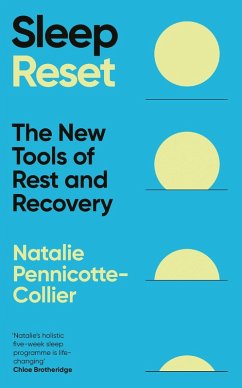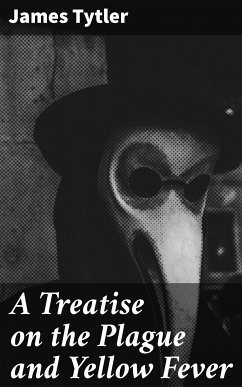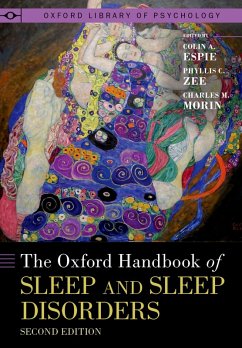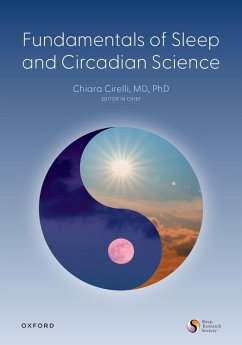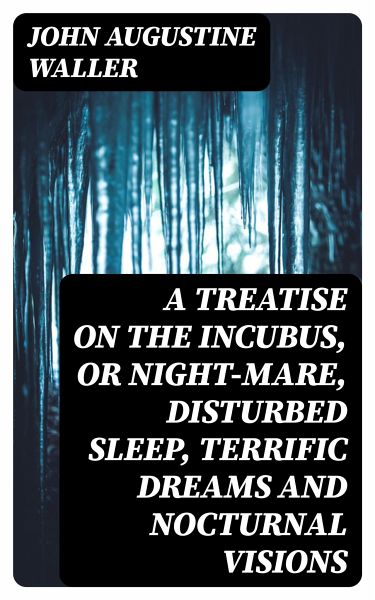
A Treatise on the Incubus, or Night-Mare, Disturbed Sleep, Terrific Dreams and Nocturnal Visions (eBook, ePUB)

PAYBACK Punkte
0 °P sammeln!
In "A Treatise on the Incubus, or Night-Mare, Disturbed Sleep, Terrific Dreams and Nocturnal Visions," John Augustine Waller navigates the intricate landscape of nocturnal disturbances through a rigorous blend of empirical observation and philosophical inquiry. Waller's exploration is situated within the 19th-century discourse on psychology and superstition, addressing the physiological and psychological dimensions of sleep phenomena, such as sleep paralysis and terrifying dreams. His literary style intertwines didactic exposition with anecdotal analysis, inviting readers to ponder the interpl...
In "A Treatise on the Incubus, or Night-Mare, Disturbed Sleep, Terrific Dreams and Nocturnal Visions," John Augustine Waller navigates the intricate landscape of nocturnal disturbances through a rigorous blend of empirical observation and philosophical inquiry. Waller's exploration is situated within the 19th-century discourse on psychology and superstition, addressing the physiological and psychological dimensions of sleep phenomena, such as sleep paralysis and terrifying dreams. His literary style intertwines didactic exposition with anecdotal analysis, inviting readers to ponder the interplay between the mind and the body during the enigmatic hours of night. John Augustine Waller was a physician and scholar whose interest in the medical sciences was complemented by a deep curiosity about the cultural and historical representations of sleep and dreams. His academic trajectory revealed a profound engagement with the contemporary debates on mental health, combined with an appreciation for folklore and myth. These influences are evident in Waller's comprehensive analysis of the incubus and its manifestations, wherein he not only scrutinizes clinical aspects but also reflects on societal fears and beliefs surrounding the act of dreaming. This treatise is an essential read for anyone delving into the complexities of sleep studies, psychology, or the historical contexts of mental health. Waller's insightful synthesis of science and humanities provides a rich framework for understanding not only the phenomena of disturbed sleep but also the broader implications of our dreams, making it a valuable addition to the libraries of scholars and lay readers alike.
Dieser Download kann aus rechtlichen Gründen nur mit Rechnungsadresse in A, B, BG, CY, CZ, D, DK, EW, E, FIN, F, GR, H, IRL, I, LT, L, LR, M, NL, PL, P, R, S, SLO, SK ausgeliefert werden.




